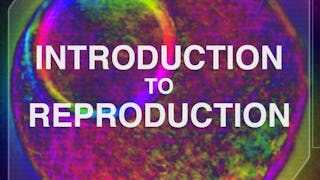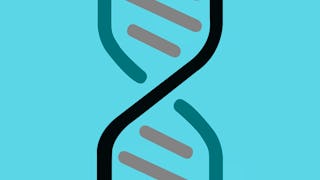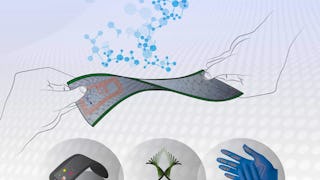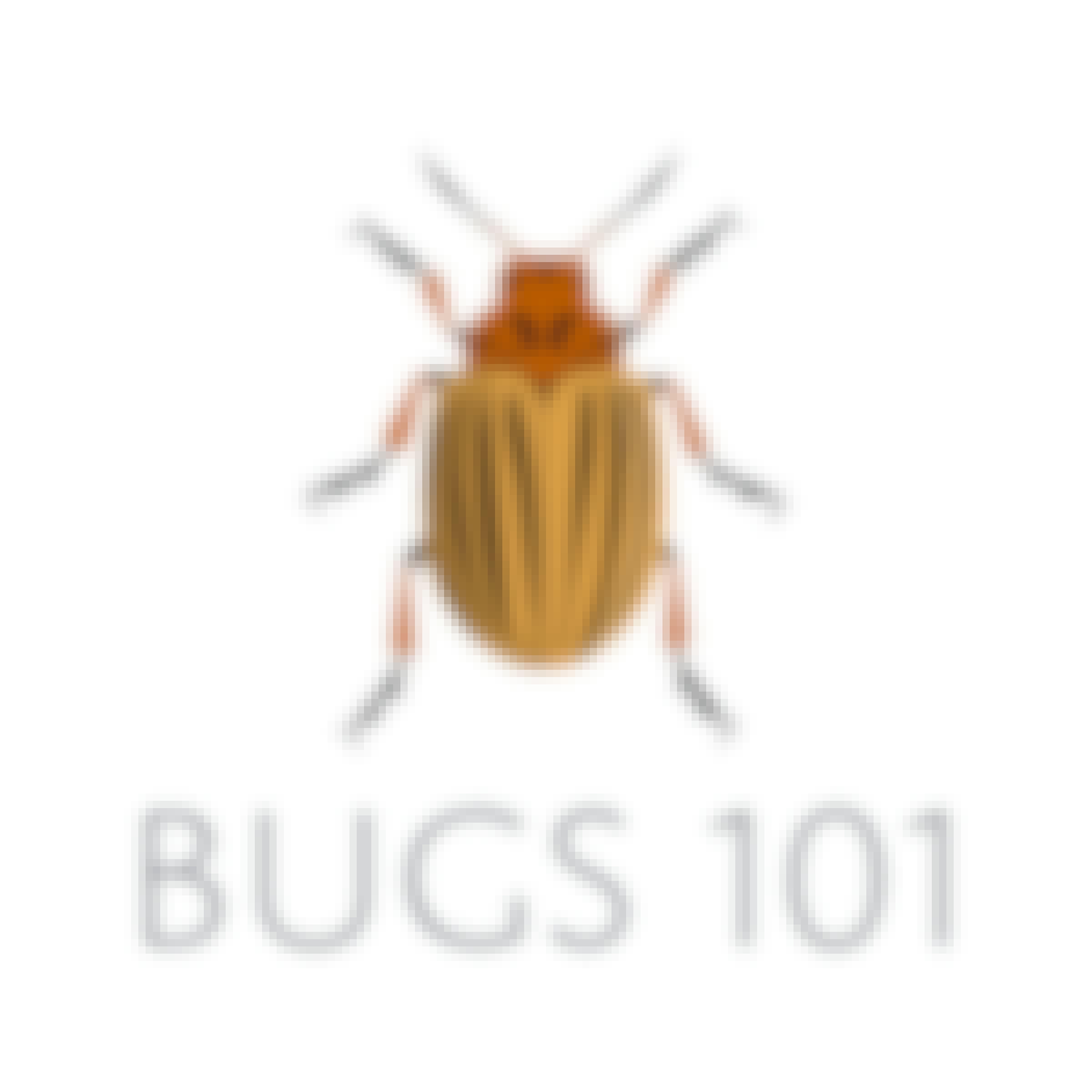- Browse
- Infectious Disease
Infectious Disease Courses
Infectious disease courses can help you learn epidemiology, infection control methods, and the biology of pathogens. You can build skills in outbreak investigation, data analysis, and public health communication. Many courses introduce tools like statistical software for analyzing disease trends and modeling software for predicting outbreaks, that support applying your knowledge in real-world health scenarios.
Popular Infectious Disease Courses and Certifications
 Status: PreviewPreviewU
Status: PreviewPreviewUUniversity of Michigan
Skills you'll gain: Substance Abuse, Mental Health, Neurology, Mathematical Modeling, Patient Safety, Physiology, Cardiology, Accident Prevention, Public Health, Pharmacology, Public Health and Disease Prevention, Biology
4.8·Rating, 4.8 out of 5 stars820 reviewsBeginner · Course · 1 - 3 Months
 Status: PreviewPreviewN
Status: PreviewPreviewNNorthwestern University
Skills you'll gain: Obstetrics And Gynecology, Anatomy, Family Planning, Endocrinology, Oncology, Physiology, Public Health and Disease Prevention, Biology
4.7·Rating, 4.7 out of 5 stars548 reviewsMixed · Course · 1 - 4 Weeks
 Status: PreviewPreviewU
Status: PreviewPreviewUUniversidade de São Paulo
Skills you'll gain: Infectious Diseases, Epidemiology, Microbiology, Public Health, Maternal Health, Biology, Health Education, Immunology, Sanitation, Child Health, Community Health, Preventative Care, Neurology
5·Rating, 5 out of 5 stars245 reviewsIntermediate · Course · 1 - 3 Months
 Status: PreviewPreviewU
Status: PreviewPreviewUUniversity of Illinois Urbana-Champaign
Skills you'll gain: Life Sciences, Molecular Biology, Biotechnology, Precision Medicine, Biology, Physiology, Sustainable Development, Environmental Science, Cell Biology, Microbiology, Biomedical Engineering, Research
4.6·Rating, 4.6 out of 5 stars330 reviewsBeginner · Course · 1 - 3 Months
 Status: PreviewPreviewT
Status: PreviewPreviewTTechnion - Israel Institute of Technology
Skills you'll gain: Materials science, Engineering, Scientific, and Technical Instruments, Semiconductors, Innovation, Emerging Technologies, Biomedical Engineering, Chemistry, Electronics, Electronic Components, Analytical Chemistry, Chemical Engineering
4.6·Rating, 4.6 out of 5 stars1.2K reviewsMixed · Course · 1 - 3 Months
 Status: Free TrialFree TrialN
Status: Free TrialFree TrialNNovartis
Skills you'll gain: Drug Development, Pharmacology, Pharmaceuticals, Pre-Clinical Development, Biochemical Assays, Clinical Trials, Chemistry, Infectious Diseases
5·Rating, 5 out of 5 stars31 reviewsIntermediate · Course · 1 - 4 Weeks
 Status: Free TrialFree TrialI
Status: Free TrialFree TrialIIcahn School of Medicine at Mount Sinai
Skills you'll gain: Quantitative Research, Bioinformatics, Molecular Biology, Biotechnology, Biomedical Technology, Biochemistry, Cell Biology, Laboratory Techniques, Analytical Chemistry, Mathematical Modeling, Biology, Laboratory Equipment
4.5·Rating, 4.5 out of 5 stars316 reviewsMixed · Course · 1 - 3 Months
 Status: Free TrialFree TrialU
Status: Free TrialFree TrialUUniversity of Colorado Boulder
Skills you'll gain: Psychiatry, Clinical Psychology, Mental and Behavioral Health Specialties, Mental Health Diseases and Disorders, Mental Health, Substance Abuse, Public Health, Psychology, Public Health and Disease Prevention, Health Policy, Psychiatric And Mental Health Nursing, Neurology, Pharmacotherapy, Medical Science and Research, Epidemiology, Research, Pharmacology, Personal Development
4.7·Rating, 4.7 out of 5 stars165 reviewsBeginner · Course · 1 - 4 Weeks
 Status: FreeFreeU
Status: FreeFreeUUniversity of Alberta
Skills you'll gain: Anthropology, Anatomy, Physiology, Life Sciences, Sustainable Development, Environment and Resource Management, Environmental Science, Biology, Cultural Diversity, Microbiology, Public Health and Disease Prevention, Taxonomy, Criminal Investigation and Forensics
4.9·Rating, 4.9 out of 5 stars1.5K reviewsBeginner · Course · 3 - 6 Months
 Status: PreviewPreviewP
Status: PreviewPreviewPPontificia Universidad Católica de Chile
Skills you'll gain: Health Equity, Health Disparities, Public Health, Health Promotion, Preventative Care, Community Health, Social Determinants Of Health, Health Systems, Epidemiology, Demography, Health Policy, Social Sciences, Infectious Diseases, Systems Thinking
Build toward a degree
4.8·Rating, 4.8 out of 5 stars33 reviewsBeginner · Course · 1 - 4 Weeks
 Status: Free TrialFree TrialL
Status: Free TrialFree TrialLLearnQuest
Skills you'll gain: Feature Engineering, Bioinformatics, Exploratory Data Analysis, Random Forest Algorithm, Pandas (Python Package), Scikit Learn (Machine Learning Library), Applied Machine Learning, Data Manipulation, Data Processing, Dimensionality Reduction, Data Cleansing, Keras (Neural Network Library), Machine Learning Algorithms, Data Transformation, NumPy, Classification And Regression Tree (CART), Tensorflow, Machine Learning, Predictive Modeling, Data Science
3.2·Rating, 3.2 out of 5 stars82 reviewsBeginner · Specialization · 3 - 6 Months
 Status: Free TrialFree TrialI
Status: Free TrialFree TrialIIcahn School of Medicine at Mount Sinai
Skills you'll gain: Molecular Biology, Pharmacology, Cell Biology, Physiology, Biochemistry, Biology, Bioinformatics, Mathematical Modeling, Electrophysiology, Systems Analysis, Simulations, Statistical Modeling
4.3·Rating, 4.3 out of 5 stars576 reviewsMixed · Course · 1 - 3 Months
Searches related to infectious disease
In summary, here are 10 of our most popular infectious disease courses
- Sleep: Neurobiology, Medicine, and Society: University of Michigan
- Introduction to Reproduction: Northwestern University
- Compreendendo o Zika e doenças emergentes: Universidade de São Paulo
- Genomics: Decoding the Universal Language of Life: University of Illinois Urbana-Champaign
- Nanotechnology and Nanosensors, Part1: Technion - Israel Institute of Technology
- Lead Selection & Optimization: Novartis
- Experimental Methods in Systems Biology: Icahn School of Medicine at Mount Sinai
- Cannabis, Mental Health, and Brain Disorders: University of Colorado Boulder
- Bugs 101: Insect-Human Interactions: University of Alberta
- Perspectivas en Salud Pública: Ampliando la visión en salud: Pontificia Universidad Católica de Chile










